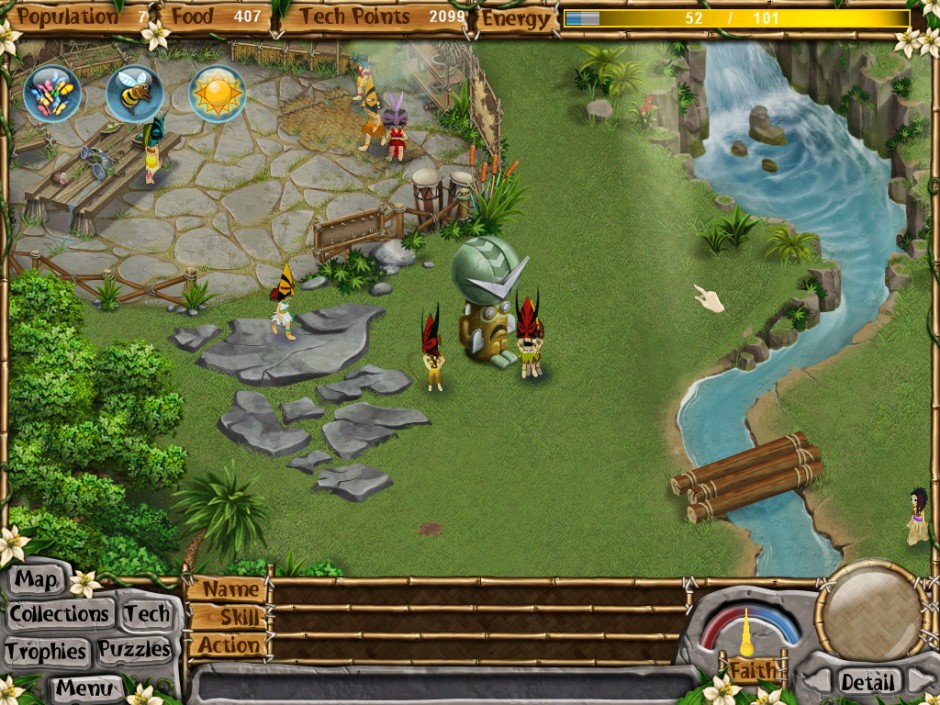

I felt this is a lesson that fiction could hold up to fake news: a refusal to accept the authorized or authoritative truth, and to keep the door open for ambiguity and skepticism.

So, in one incident after another, the story undergoes a revision-and maybe another. There is a sense he has that the state is a writer of bad fiction, and he wants to do better. My novel’s narrator is a journalist, and he puts himself in situations where he must try to find out the truth about what really happened during events he had written about earlier. My first task, therefore, was to turn my fiction into an apparatus for a particular kind of remembering: with the help of my journal, I wrestled with the idea of inserting the news-with as much fidelity as I could manage-into my narrative. Fake news has no memory, or if it does remember, it does so only selectively. Each new memory appeared to dominate, and even sometimes overwhelm, earlier memories. I have a terrible confession to make: I came to recognize that unless I recorded in a journal the dates and details of each killing, I would not be able to remember them distinctly. I think my narrator’s search is for less generalizable, more individual truths. My narrator’s wife is a behavioral psychologist she has theories to explain why humans act in one way or another. While writing my novel, I kept telling myself that whatever I write should be an answer to the above question. Many of these murderous acts were enabled by the spread of rumors on WhatsApp. But one atrocity led to others there were fresh cases of lynching in different towns in India by zealous groups of men fired by the hateful rhetoric of Hindutva leaders in power in Delhi and elsewhere.

His murderers had accused Akhlaque of eating beef.ĭuring that drive, stopping on occasion to write more lines, I finished a piece called “A Man Is Being Killed.” It was published by a progressive Indian news website on the anniversary of Akhlaque’s death. As I drove on the empty, winding highway, I had for some reason remembered that in a few days, it would be a year since the lynching of a Muslim man named Mohammad Akhlaque outside Delhi. I had left my room in the hotel and slowed down to look at a coyote standing in a barren field wreathed in mist. It was very early in the morning, not too long after dawn. The previous night, I had done a reading at a liberal arts college in upstate New York, but now I was in my car on highway 23, making notes for a piece whose first line was, “A lot of life is left in a man being killed.” Just two months before Trump’s election, I was driving home to Poughkeepsie.


 0 kommentar(er)
0 kommentar(er)
